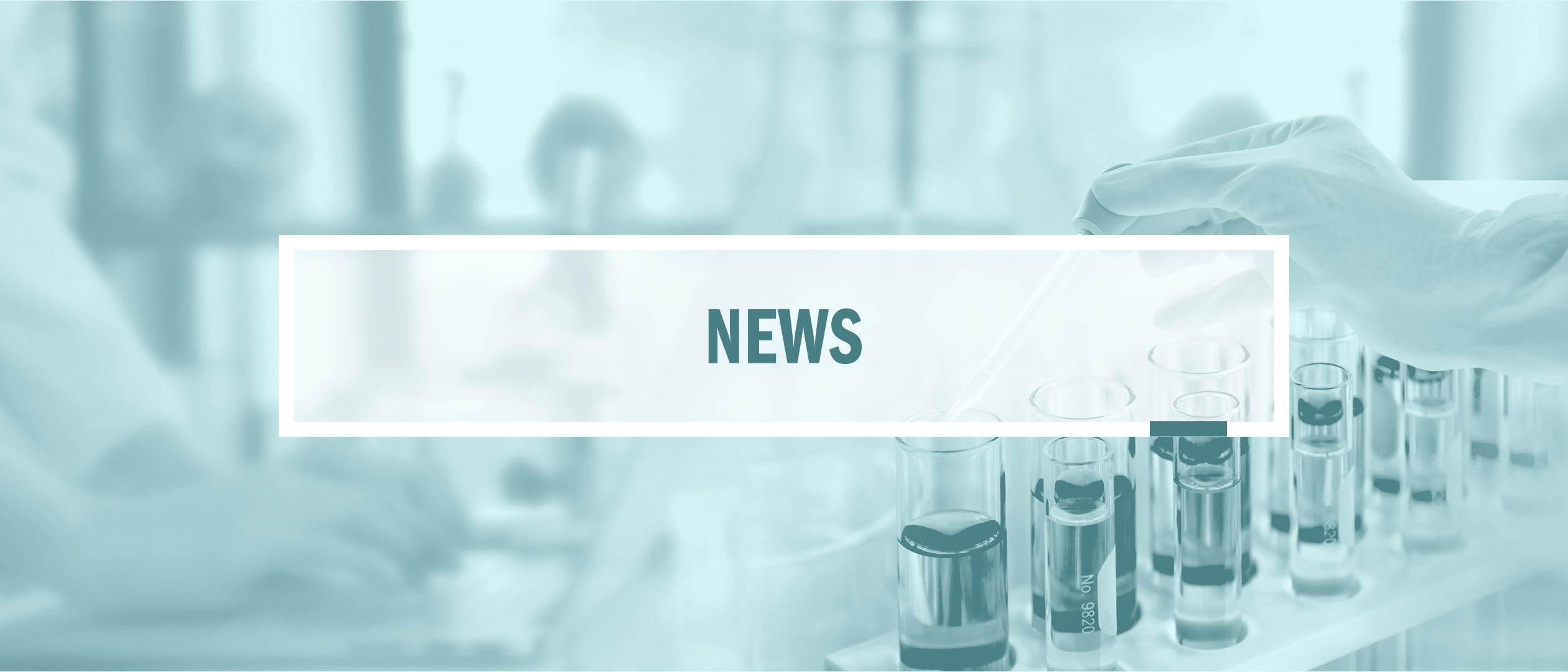News Team member Lydia King analyzes the challenges of language barriers in healthcare, and finds that community-driven initiatives and dedicated medical interpreters are transforming patient outcomes through improved communication and cultural sensitivity.
Imagine, a rural patient from the countryside needs to travel 100 miles three times a month; four hours on a rocky road, three intermittent bus changes, and taking one day off from work, just to obtain professional cardiovascular health care. These are the unfortunate conditions remote residents in Kunshan, China have to navigate through to seek healthcare in the next closest urban city, Shanghai. Above all, healthcare access is a major concern to countryside residents where close communication between patients and doctors is greatly lacking.
I previously worked as a research assistant at the Duke Kunshan University Global Health Research Center where I participated in a field project designed to investigate whether the use of mobile phone app and SMS helped to improve healthcare access for cardiovascular disease (CVD) patients. The study aimed to assess the feasibility of developing and testing the usability of technology-enabled intervention directed at evidence-based patient messages with a third-party telecommunication company. Incidentally, the recent advancement in the widespread use of mobile devices has presented new opportunities to promote evidence-based medical practices. Therefore, one of our many inclusion criteria was ownership of a mobile device that could read text messages or receive phone calls. With this in mind, my role in this project was to review the potential relevance of statistical and epidemiological information from multiple databases with a focus on easy-to-implement intervention methods that benefited the patients on a more personal level.
The results showed a distinct pattern between access to healthcare and economic status. Rural patients were less likely to show up to follow-up care, which is essential for the secondary prevention of cardiovascular patients. Knowing this, the implementation of technology-enable intervention would not only reduce the strain on CVD patients and their families, but also bring healthcare directly to them instead. The successful outcome of this project demonstrated that intuitive mobile apps and the implantation of modern technologies can be used to benefit human health and healthcare provision.
From the digitization of medical records to the development of telemedicine, the impact of technology on the healthcare industry has been revolutionary. But not everyone has equal access towards new and cutting-edge technology. Societal inequality remains the biggest influencers of health; the higher the economic status of the individual, the better their health is. The Health Gap, by Michael Marmot, perfectly encapsulates the modern problems facing health equality and presents reforming changes in the way we think in order to address this health gap. I believe that improving global health involves a conglomerate of epidemiological, medical, and social research. As a new member of the CSHH news team, I anticipate bringing the latest developments on healthcare technology and hope to discuss my other interests in food science and medical toxicology.

